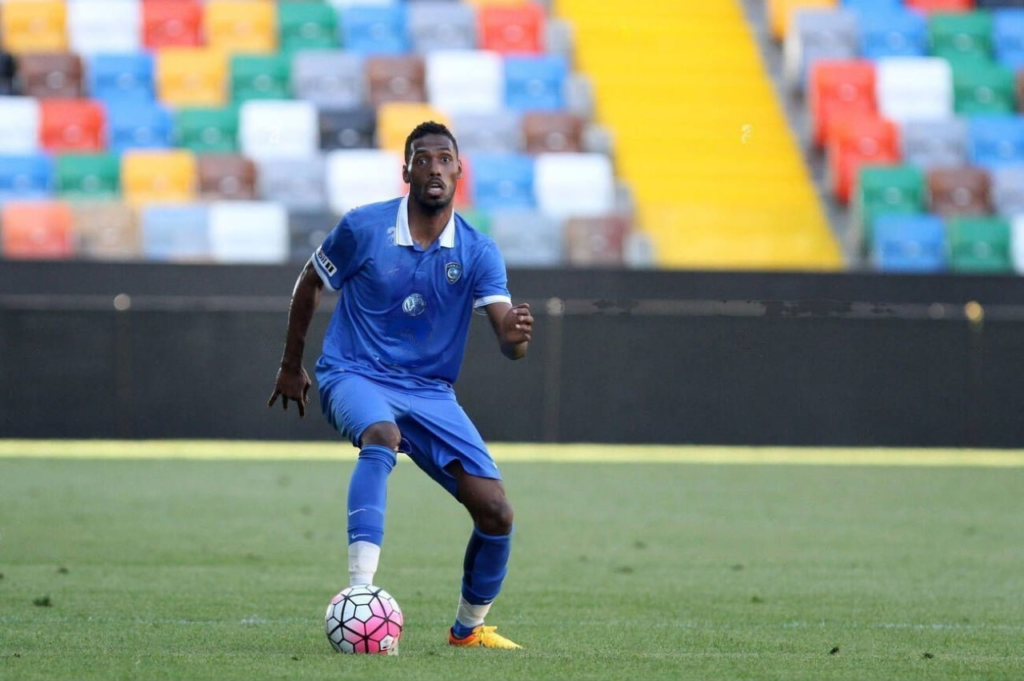Table of Contents
When the 2022 FIFA World Cup begins, it will be the first time in the tournament’s 92-year history that the tournament has begun in the northern hemisphere winter. It will also be the first time that the tournament has been held in an Arabic-speaking country.
Now is a great moment to review your understanding of the language as it applies to football.
Koora
In Arabic, the word “koora” refers to both the ball and the game. The word’s origins can be traced back to the standard Arabic “Kura,” which means ball but more commonly refers to football. But there are various words for football in Arabic, and the word itself is universally understood.
Tabeh, derived from the Turkish “Top” (ball), is more common in Lebanon, but in Kuwait, you’d use the term “Timbakhiyah” to refer to their version of football.
Inbirash
No one knows where this name came from, but it has been in use for decades to describe a dangerous sliding tackle that leaves the victim on the ground.
Another word that has made its way into common usage is “inbirash,” which means to interject oneself into a conversation about a topic one is unfamiliar with. For instance, avoid to “inbirash” yourself without knowing the latest World Cup 2022 fixtures Singapore time.
Balanti
Arabic includes a few characters that don’t appear in any other alphabets, including one that makes the letter “P” sound in every other language. For instance, the Arabic word “Bibsi” is the standard way for a Middle Easterner to order Pepsi.

Similarly, “penalty kick” has morphed into “Benalty” and “Balanti” and even “Balan” throughout the years. A Qatari Arab spectator was overheard shouting “balan ya hakam!”, which translates to “penalty, referee!”, calling out that someone had crossed the penalty spot.
This term is one that you’ll often be referenced a lot once you see the World Cup 2022 livestream in action.
Kobri
Kobri, which literally means “bridge” in colloquial Arabic, is often used in the Arab world to allude to the “nutmeg,” the most coveted dribbling technique in football. The term originates from the Turkish “Köprü,” another vestige of Ottoman rule.
The term “legs up” refers to the way in which the legs of the player who is conceding create a “bridge” beneath which the ball can travel. Another prevalent name for the ability is “Beidha” (which means egg), referring to the humiliation that the losing player feels like they deserve after using the ability.
Tashmeesa
The Egyptians use this phrase, which comes from the Arabic for “umbrella” (Shamsiya), to describe the technique of passing the ball over the head of the opposition player. It’s definitely a sight to behold if we get to see it firsthand at the WorldCup22.
A trick known as the “Sombrero” or “Chapeu” in Latin America. Tasgeeta, meaning “to lob,” is one name for this ability in some parts of the Arab nation, while Maqaas, meaning “to measure the height of an opposition,” is another.
Jahfala
The 2015 King’s Cup final between Riyadh rivals Al-Hilal and Al-Nassr gave birth to the term Jahfala, which has just recently entered the lexicon of football in the region.

After a tense but scoreless first half, Al-Nassr gained the lead and appeared to be headed for victory. However, in the 120th minute, Al-Hilal defender Mohammed Jahfali soared to head home an equalizer, requiring a penalty shootout that Al-Hilal ultimately won.
Since then, the meaning of jahfala has broadened to encompass any unexpected development. You have to be wise in looking at the current World Cup betting odds 2022 to ensure that your favorite teams are able to jahfala-maneuver their way to the final.
Bacord
One common Arabic phrase for an acrobatic bicycle kick is a Bacord, an Arabization of the English word “backward,” which is also known as Dabal (from the word “double”). In light of its Arabic roots, it should come as no surprise that the phrase does not encompass a sideways scissors kick. The latter technique is known simply as a Magas.
Yaseed Hamaam
Catching pigeons as a game? Unless you’re having the kind of luck Darwin Nunez did in front of a goal against the Arab crowd, you probably won’t hear the term “Yaseed Hamaam,” which means “chasing pigeons” on the playing field.
Closing thoughts
That does it for the essential Arabic football terminology you’ll need to know before Qatar 2022. Enjoy your Koora, show the locals you understand your Bacord from your Maqas, and don’t let yourself be caught napping if you’re attending the FIFA World Cup in November.
If you’re one of those fans who won’t be able to attend the 2022 World Cup in Qatar, you might find it exciting to know that there are sites out there that let you catch the action via a World Cup 2022 livestream.


